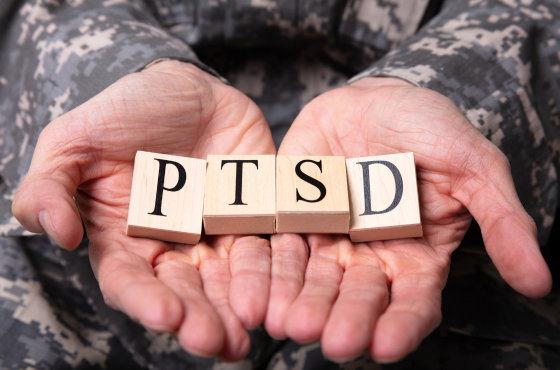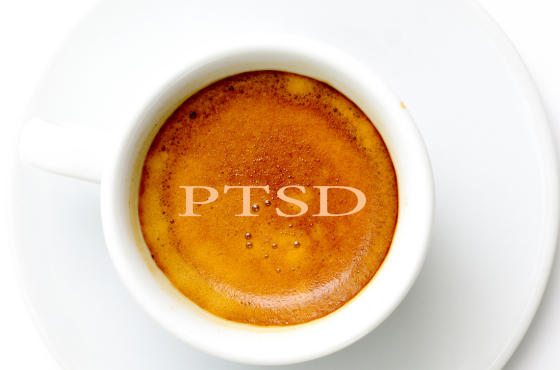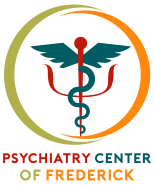Post Traumatic Stress Disorder (PTSD)
Post Traumatic Stress Disorder (PTSD) Services at the Psychiatry Center of Frederick
At the Psychiatry Center of Frederick, we understand the deep and lasting impact that trauma can have on an individual’s mental and emotional well-being. Post-Traumatic Stress Disorder (PTSD) can arise after experiencing or witnessing a traumatic event, leading to a wide range of distressing symptoms, including flashbacks, nightmares, hypervigilance, and emotional numbness. We are committed to providing compassionate, comprehensive care for individuals affected by PTSD, helping them reclaim their lives and heal from past trauma.
Understanding PTSD
PTSD is more than just a reaction to a traumatic event. It is a complex mental health condition that can disrupt all aspects of life, from personal relationships to job performance and overall quality of life. Our approach to treating PTSD involves recognizing the uniqueness of each individual’s trauma and creating a personalized treatment plan that addresses their specific experiences and needs.

About 5 out of every 100 adults (or 5%) in the U.S. has PTSD in any given year. In 2020, about 13 million Americans had PTSD.


Women are more likely to develop PTSD than men. About 8 of every 100 women (or 8%) and 4 of every 100 men (or 4%) will have PTSD at some point in their life. This is in part due to the types of traumatic events that women are more likely to experience—such as sexual assault—compared to men.
Our Approach to PTSD Treatment
At the Psychiatry Center of Frederick, we offer a range of evidence-based treatments tailored to help individuals manage and recover from PTSD. Our treatment plans typically include:
- Trauma-Focused Cognitive Behavioral Therapy (TF-CBT): This form of therapy is specifically designed to help patients process their trauma and develop healthier coping mechanisms. TF-CBT helps individuals reframe negative thought patterns associated with their traumatic experiences, reducing the power these memories have over their current lives.
- Eye Movement Desensitization and Reprocessing (EMDR): EMDR is a highly effective, structured therapy that helps patients process and reduce the distress associated with traumatic memories. By stimulating both sides of the brain during treatment, EMDR facilitates the healing process, helping individuals move forward from their trauma.
- Medication Management: For some individuals, medication may be a valuable part of their PTSD treatment. Our psychiatrists provide careful medication management, using antidepressants or anti-anxiety medications where appropriate, to help manage symptoms such as depression, anxiety, or sleep disturbances that may accompany PTSD.

Holistic and Integrated Care
We believe in a holistic approach to PTSD treatment. Our care plans go beyond just addressing symptoms. We look at the whole person—physical health, relationships, lifestyle factors, and emotional well-being. By incorporating healthy habits, self-care strategies, and stress management techniques into our treatment, we ensure that our patients are equipped with the tools they need to thrive both during and after treatment.
A Supportive and Safe Environment
At the Psychiatry Center of Frederick, we understand that PTSD treatment can feel overwhelming. That’s why we focus on creating a supportive, safe, and non-judgmental environment where patients feel comfortable sharing their experiences. We take a compassionate approach to care, respecting the dignity of each individual while providing the therapeutic support they need to heal.

About 6 out of every 100 people (or 6% of the U.S. population) will have PTSD at some point in their lives.

Veterans are more likely to have PTSD than civilians. Veterans who deployed to a war zone are also more likely to have PTSD than those who did not deploy.
Moving Forward
Living with PTSD can be incredibly challenging, but with the right treatment and support, recovery is possible. At the Psychiatry Center of Frederick, we are dedicated to helping our patients move forward and regain control over their lives. If you or someone you know is struggling with PTSD, reach out to us today. Let us walk alongside you on your journey to healing and recovery.

